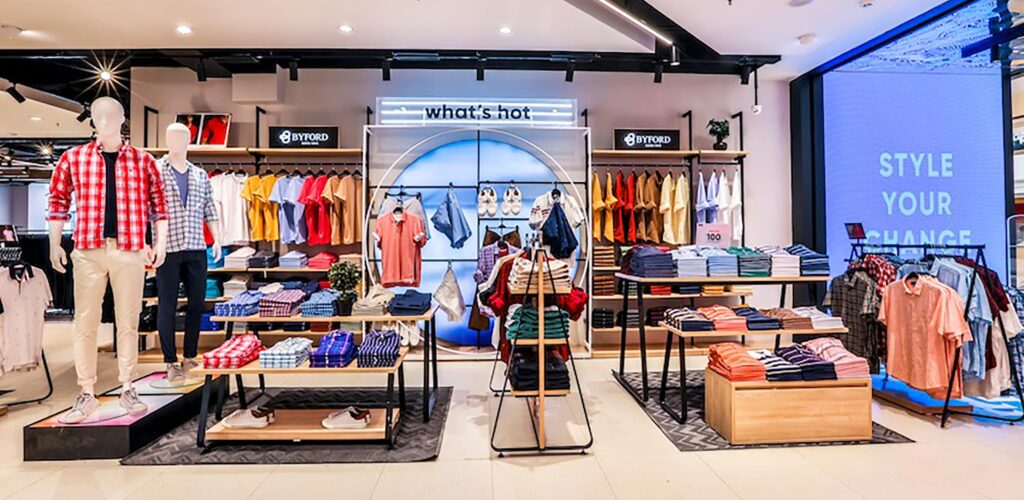Aditya Birla Fashion and Retail Limited (ABFRL), a subsidiary of the Aditya Birla Group, has received approval from the Competition Commission of India (CCI) for its acquisition of TCNS Clothing Co. Limited. As per the CCI’s release, the proposed deal involves ABFRL acquiring a 51% stake in TCNS Clothing Co. Limited. ABFRL, a publicly traded company, operates in the retail industry and is involved in the sale of branded products such as apparel, footwear, and accessories. It conducts its business through various channels, including physical retail stores, online retail platforms, and e-commerce marketplaces.

Is Aditya Birla Fashion and Retail Limited Acquired Stakes In TCNS Clothing Co. Limited?
TCNS Clothing, also a publicly traded company, operates in the manufacturing, distribution, and sale of women’s apparel, jewelry, footwear, and other beauty products. The company owns popular brands such as W, Aurelia, Wishful, Elleven, and Folk Song. In addition to its retail operations, TCNS Clothing is also involved in wholesale cash and carry trading, which includes sales through franchisee outlets.
In May of this year, Aditya Birla Fashion and Retail Limited (ABFRL) announced that it had entered into a definitive agreement to acquire a 51% stake in TCNS Clothing. The deal was valued at approximately Rs 1,650 crore for the promoter stake in TCNS, and it involved a combination of cash and equity.
Kumar Mangalam Birla, Chairman of the Aditya Birla Group, expressed confidence in the Indian consumer economy and referred to the TCNS deal as a significant milestone for ABFRL. He stated that the acquisition complemented their existing portfolio of fashion brands across the entire Indian market.
However, ABFRL faced challenges in its financial performance during the fourth quarter of the fiscal year 2022-23. The company reported a loss of Rs 186.94 crore in that quarter, in contrast to a profit of Rs 43.59 crore in the same period the previous year. ABFRL attributed the decline in net profit to negative operating leverage resulting from sluggish sales. The company also mentioned increased marketing expenses, which were about 1.5 times higher compared to the previous year, as well as continued investments in TMRW, impacting profitability. ABFRL further noted that demand gradually softened after October, and the value segment was particularly affected.
